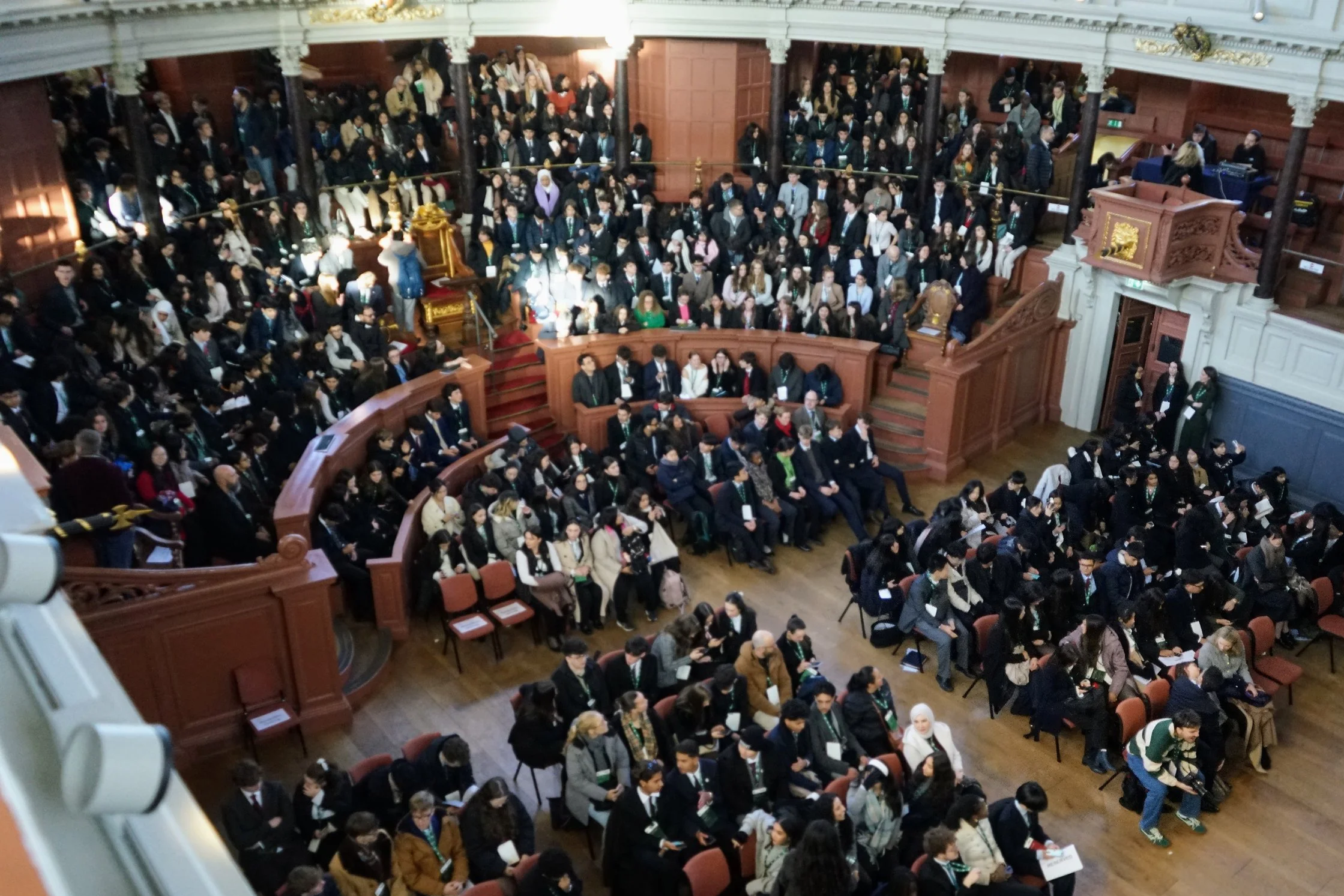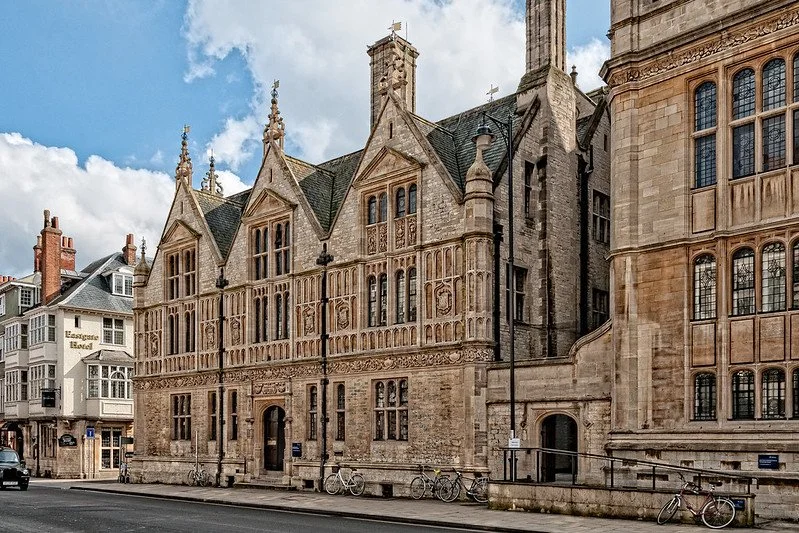Currently, little enforceable policy exists to police standards of meaningful participation—the involvement of affected populations—in crisis relief and humanitarian interventions. While this is somewhat unsurprising given the nexus of state-led and charitable activity in this field, it has nevertheless created significant complications pertaining to the sustainability and effectiveness of crisis relief efforts. Further than impairing the practical recovery of affected populations, lax policies of meaningful participation perpetuate dangerous neo-colonial stereotypes as western celebrities involved in campaigns like Comic Relief and, increasingly, individuals partaking in voluntourism reinforce the ‘White Saviour’ stereotype—a trope popularised more through the advent of social media. With reference to some specific case studies, this piece will explore why meaningful participation is paramount for the creation of sustainable solutions to humanitarian crisis, consider the impact of the digital age on these debates by exploring the ‘#NoWhiteSaviours’ campaign on social media, and ultimately suggest how state-led and charitable efforts in this field could be better regulated.
2025 was a truly global year for OG - from NoviceNations in Oxford, to international and London programmes across Shanghai, Canada, Dubai, Beijing, Chongqing, and Pune. We ended back in Oxford for GlobalVoices, where the Spirit of Inquiry shaped bold debate and thoughtful collaboration. Our 2026 international trips will be launching soon!

With the conference tomorrow, we thought we’d introduce you to your brilliant committee leaders! Each committee will have one Main Chair, one or two Co-Chairs, and potentially an Assistant Director as well. The Main Chair will be your main point of contact and will be leading the Dais - here’s a few fun details about a few of them, so you can get to know them a little bit better before the conference!

It’s almost conference weekend! These are exciting times, and we know you’ve been busy drafting up your opening speeches, so here are a few final reminders to help you prepare for your arrival and make that first committee session go smoothly.

We are super excited to be welcoming you all to OG’s 2025 Home Conference in just a few weeks! Whilst we hope you are all excited too, you may have some queries or concerns, so this blog post is intended to give you some answers. If there is anything you are unsure about that is not addressed in this blog post, have a look through the rest of the OG website, and if that fails, you can email info@oxfordglobal.org. We’re always happy to help! Lots more information about conference logistics will be found within the Delegate Handbook, which you’ll receive at registration.

Hello Delegates!
A fundamental part of being a representative at the United Nations (and, thus, at a MUN Conference) is an awareness of global events. Given that the theme of OG’s 2025 Home Conference is ‘The Spirit of Inquiry’, we think it is important to stay inquisitive about international news. From October, we will discuss three articles, with related questions to allow you to inquire about what is going on worldwide.


